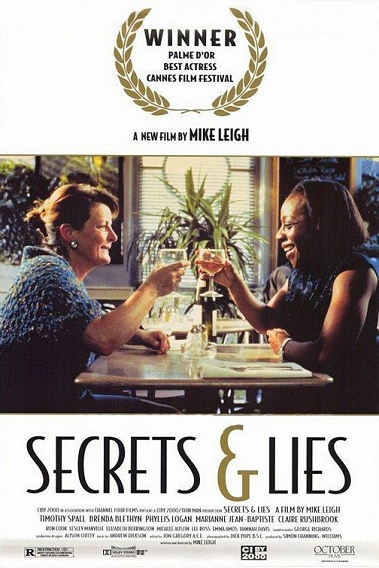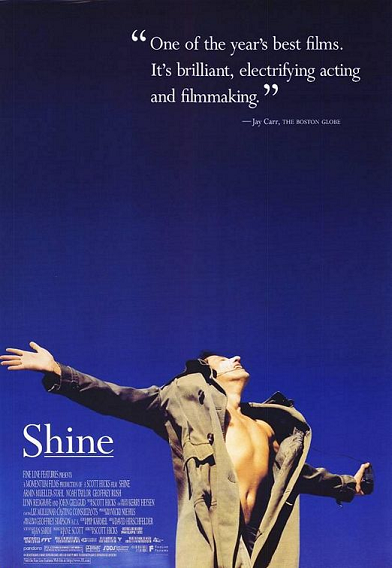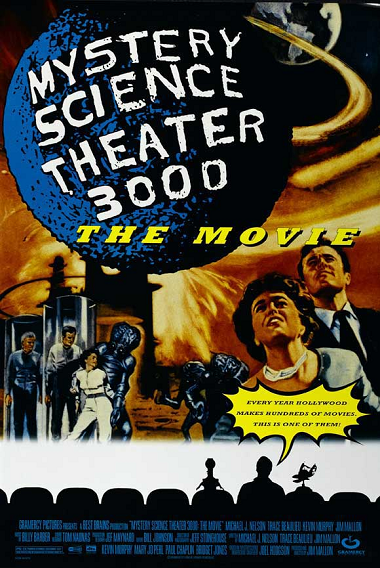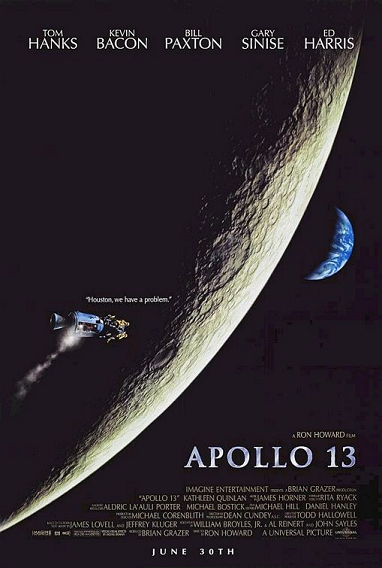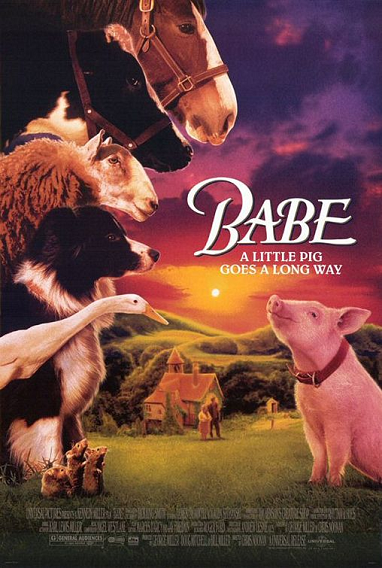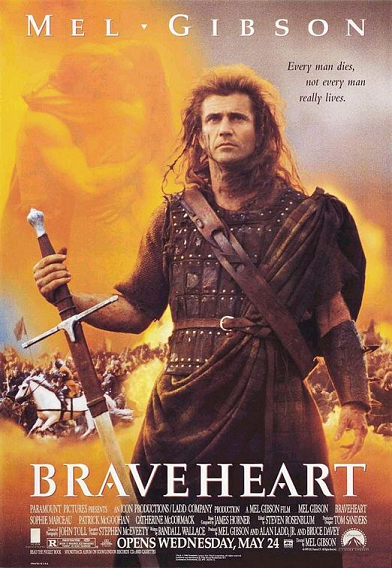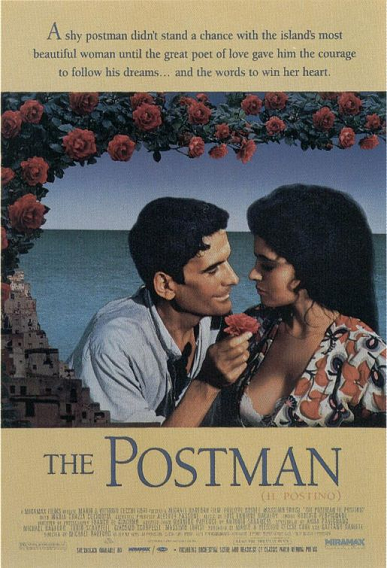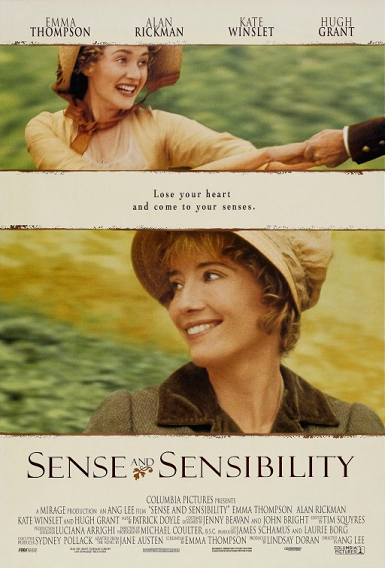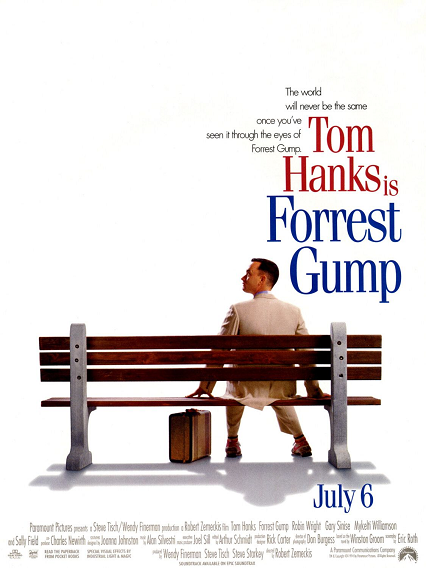One Notable Film from 1995
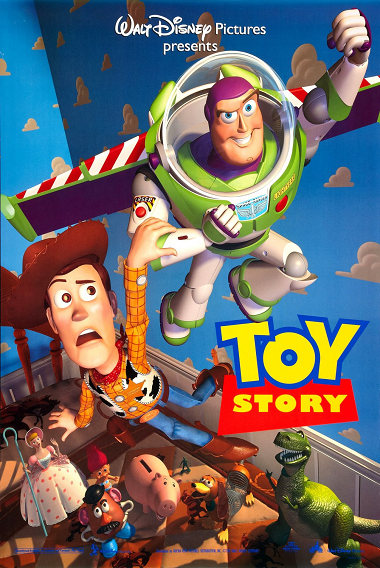
As mentioned before, 1995 was a fantastic year for film and I have a lot of options to pick from. I decided to go with the first movie I remember seeing in a theater: Toy Story.
Few movie have changed an entire genre overnight like Toy Story did when it proved 3D animation was viable for a feature length film-the characters looked good enough (well, maybe not the human ones), facial expressions were expressive enough to convey emotion, and it was feasible in terms of time and money. Not only did it look light years (no pun intended) better than anything before it, it had a great voice cast and it told a really creative story with two strong main characters. Despite it’s extremely troubled production (the rare case during that period where Jeffrey Katzenberg was actually a bad influence on an animated film), everything comes together and it really is one of the most memorable animated films of all-time.
What I want to talk about more than the film itself is what came out of the film’s success and what it meant for the animation industry. For Pixar, it made them huge players overnight and they somehow kept their near-perfect reputation for the next 15 years with a ludicrous consistency in quality. For Disney, even though they were partners with Pixar, it meant the first serious competition in years for their title was the gold standard in American animation and in a period of a couple of years, they were #3 behind upstarts Pixar and Dreamworks. Interestingly enough, the roles have seemingly reversed the last few years, with Disney back on top with a string of hits, and Pixar has had more forgettable films than hits since 2010. Most importantly, 3D animation showed it could be a success and since then it has pretty much killed off 2D animation for feature films in the United States (although it’s still used the vast majority of the time in Japanese animation). I’ve said it before, but I’m not a fan of 3D animation in general. Toy Story is one of the few cases where 3D animation makes sense-the look matches perfectly with plastic textures and it looks better than anything in 2D would. However, take a look at the movies being released by Disney/Pixar/Dreamworks/Illumination: even if they get better at details, they still all look the same: shiny, smooth, polished, clean.
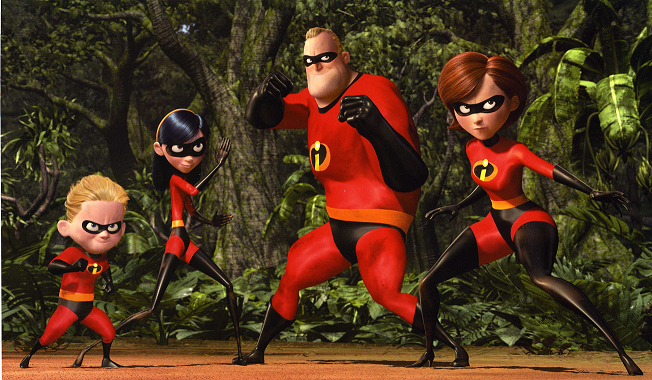

I want some variety! Compare Aladdin to The Simpsons:
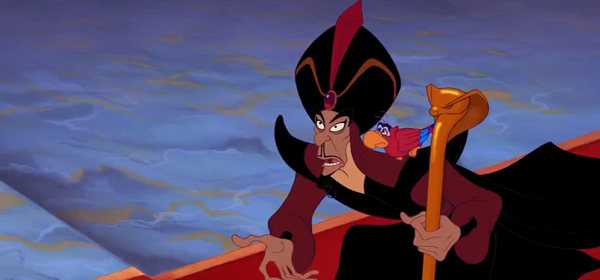

Or Gankutsuo to FLCL:


I don’t think the issue is that 3D animation can’t have art style variety, it’s just that the major studios refuse to take any sort of risk and it’s led to animation that looks very bland after a while after you’ve seen so much of it.
As an additional note, I will watch Toy Story and Toy Story 2 again before watching Toy Story 3 for the 2010 ceremony. I remember what I thought about Toy Story 3 watching it in the theater at the time, but my opinion might change after watching it in context of the other films.
Other Notable Films from 1995
GoldenEye
Seven
12 Monkeys
The Usual Suspects
Leaving Las Vegas
Small Faces
The Bridges of Madison County
Ghost in the Shell
Heat
Casino
Welcome to the Dollhouse
Before Sunrise
La Haine
Underground
1995 Nominees in Review
Sense and Sensibility: B+
Babe: B
Apollo 13: B
Braveheart: C+ (Won Best Picture)
Il Postino: The Postman: C
Braveheart’s Best Picture win has to be the most unlikely in modern history: Apollo 13 won Best Picture from the PGA, DGA and SAG; Sense and Sensibility won at the Golden Globes, National Board of Review, the BAFTAs, WGA for Adapted Screenplay and at the Critic’s Choice Awards; Braveheart only won the Original Screenplay from the WGA (and there it wasn’t competing against the other two as they were both adapted) and from the ACE (editors). Even Shakespeare in Love won the Golden Globe (for Musical/Comedy), the BAFTA, WGA for Original Screenplay and most importantly, the SAG. I really can’t see how it did or why (I had it as my 4th favorite out of the 5 nominees), although it does feel very similar to a future Best Picture winner, Gladiator. I will admit there was some foreshadowing for Braveheart’s win: Apollo 13 and Sense and Sensibility didn’t get Best Director nominations (despite the former winning at the DGA Awards), while Braveheart was; since 1933, only 2 films (Driving Miss Daisy and Argo) have won Best Picture without a Best Director nomination).
Really, it’s a shame that the field was just okay despite being an amazing year for film-you could make a far better field out of movies nominated for other awards but not Best Picture: Seven, The Usual Suspects, Toy Story, Dead Man Walking and Leaving Las Vegas. At least there was nothing outright bad here, and three of the five were genuinely good films.
For 1996: the first digitally edited film to win the editing Oscar; most of the movie doesn’t take place in the city that provides the title; Reebok paid $1.5 million for product placement and a commercial within the movie-they were none too happy when there was no commercial in the final cut, and one of the major characters says “f***Reebok!”; this movie was mostly unscripted and the actors learned of the revelations in the film simultaneously with their characters; and Geoffrey Rush re-learned how to play the piano so that there didn’t need to be a hand double for the main character.
